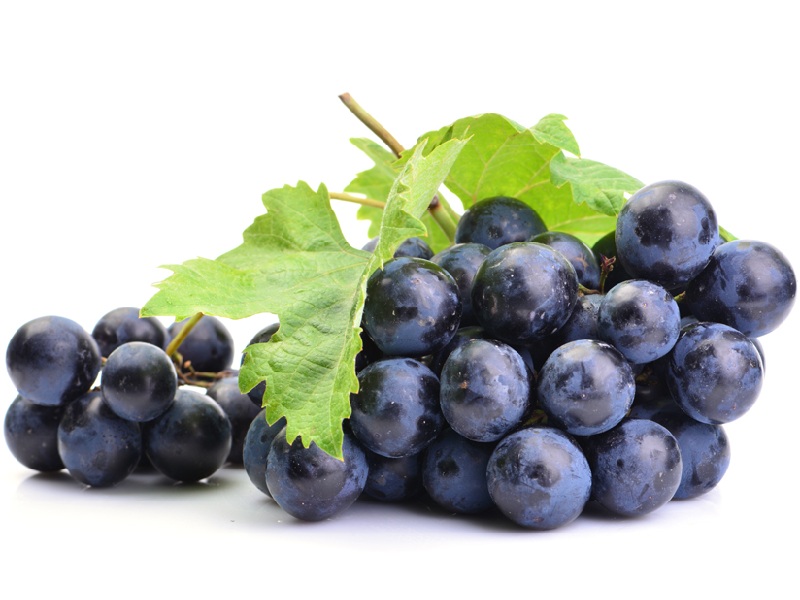Kosher Diet: Foods, Benefits and Meal Plan
Kosher refers to a Jewish dietary framework for food preparation, processing and consumption. It is derived from the Hebrew word “kasher” which means proper or lawful. Kosher foods meet the dietary requirement of Jewish laws. It is not only about food safety but also adherence to religious traditions. People originated from Jew eat kosher foods. Throughout the years, we have heard a lot about the health benefits of kosher diet.
These foods are less vulnerable to parasites, bacteria and insects. Species of animals that are not permitted are hunters whose natures might affect the character of the human being consuming it. Kosher food is considered as the optimal diet that can lead to healthy and high spirited life. This article explores what kosher means, dietary guidelines, products included and everything else you need to know about kosher diet.

Kosher Dietary Guidelines:
Kosher laws for food are referred to as kashrut and are found in their sacred book, Torah. They provide rigid rules about which foods may be consumed and which combinations should be avoided.
In kosher diet, foods are divided into three categories: meat, dairy and pareve. The food is in accordance with Jewish dietary laws.
- Meat: Mammals, fowl and bones from them.
- Dairy: Milk, butter, yoghurt, cheese.
- Pareve: Foods excluding meat and dairy like fish and plant based food.
According to kosher tradition, foods categorized under meat and dairy are never consumed at the same time. Even the utensils used to cook them must be kept separate. Pareve foods are considered neutral and can be consumed along with meat or dairy.
See Also: Kellogg’s Special K Diet Plan
Animal products like meat and other products by unclean animals are not eaten in this diet. Birds like eagle, owl, vulture, and stork are prohibited. Chicken, turkey, duck, goose are the birds which are considered kosher and can be eaten. Meat from pigs, rabbits, squirrels are forbidden. The animal must be killed only by a shochet, a certified Jewish butcher. The meat must be soaked to remove any traces of blood.






















